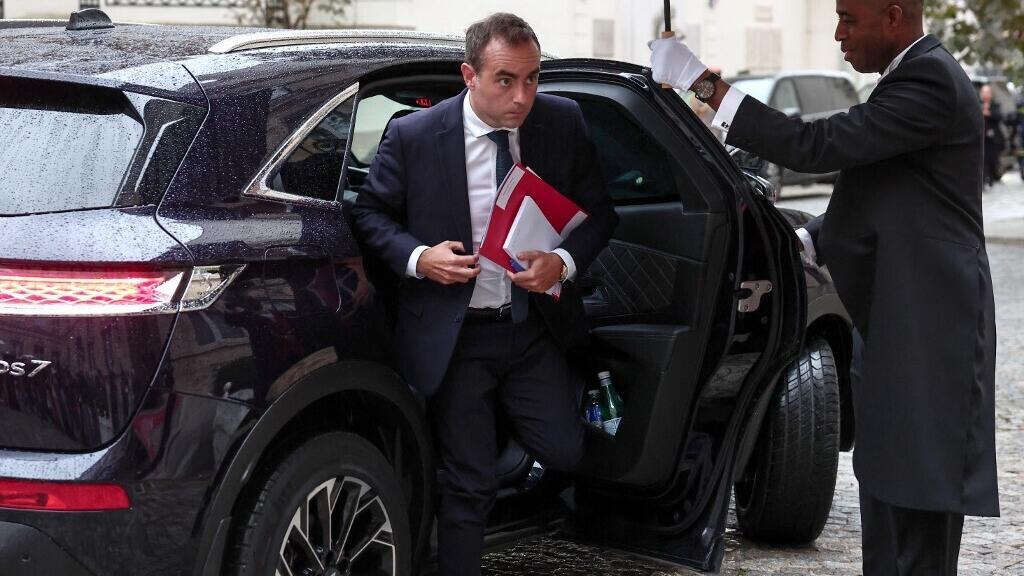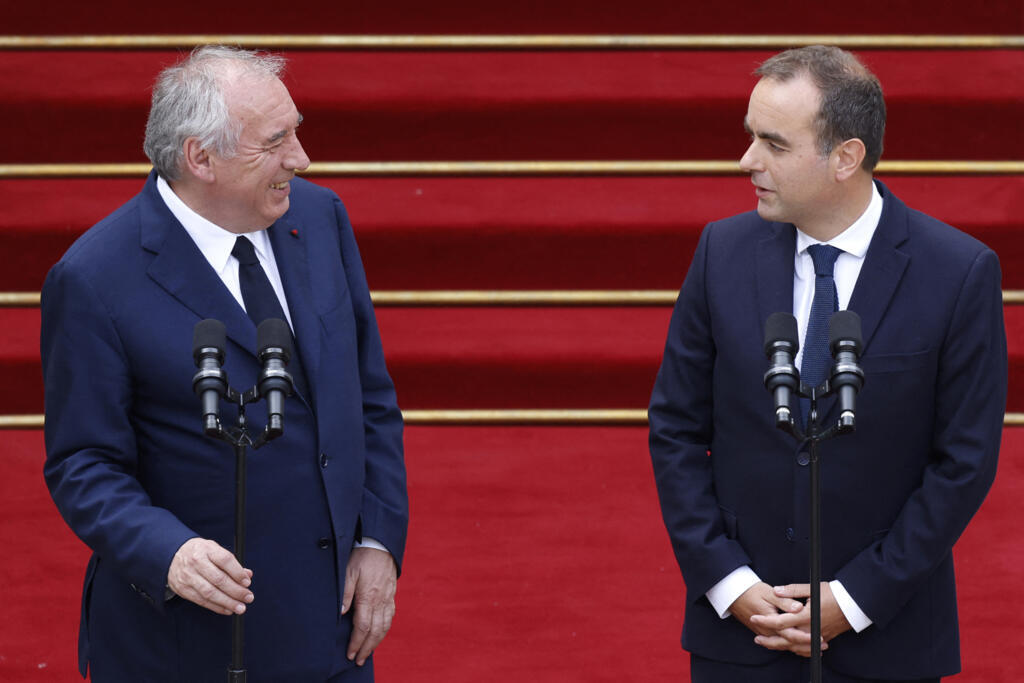
France’s new Prime Minister Sébastien Lecornu has moved quickly to change course, scrapping a deeply unpopular measure regarding the cutting of public holidays and promising a fresh approach to the 2026 budget.
Since taking office on Wednesday, Sébastien Lecornu is wasting no time in trying to stamp his mark on his leadership of the French government.
His first big move has been the scrapping of the hugely unpopular idea of cutting two public holidays – a measure that had been pencilled into the 2026 budget by his ill-fated predecessor, François Bayrou.
Bayrou’s plan had earmarked Easter Monday and Victory in Europe Day (8 May) for the chop, a suggestion that quickly stirred public anger.
“I have decided to withdraw the suppression of two public holidays,” Lecornu told regional newspapers in an interview organised by Ouest-France over the weekend.
It was an early signal that the new premier is keen to change tone, after Bayrou’s attempt to impose €44 billion in savings helped topple him from office after only nine months.
The U-turn is popular, but it leaves a hole in the budget. Lecornu was candid about the challenge: “Dropping the holiday cuts means we need to find other sources of financing.”
He has opened talks with opposition parties and unions, promising “modern, frank parliamentary debate” rather than top-down decrees.

France hit with credit downgrade as new government faces budget squeeze
Ratings downgrade
The government still faces a stern financial test after credit ratings agency Fitch downgraded France’s long-term rating from AA- to A+ on Friday, warning that the country’s growing debt pile reduces its ability to absorb future shocks.
Lecornu admitted: “We are paying for instability,” but insisted he wants a “healthy trajectory” for public finances – something he sees as tied to France’s sovereignty.
The 38-year-old former defence minister is also trying to strike a pragmatic balance on taxation. He has not ruled out a wealth levy, dubbed the “Zucman tax” after the French economist who inspired it, but stressed the need to protect “professional assets” that fuel jobs and growth. “We must work without ideology,” he said.
Eric Lombard – who quit as economy minister alongside Bayrou – broadly backed Lecornu’s approach in a TV interview, calling the earlier €44 billion adjustment plan a “framing proposal” that now “must evolve”.
He too endorsed scrapping the holiday cuts and argued that any new sacrifices should fall more on the wealthiest, though targeted on savings and non-productive assets.
Who is 'political animal' Sébastien Lecornu, France's latest prime minister?
Public opinion 'unfavourable'
Yet Lecornu’s political honeymoon looks extremely short lived, after an Ipsos/BVA poll for La Tribune Dimanche shows he enters office with just 16 percent favourable opinions – even lower than Bayrou’s 20 percent when he took the reins.
By comparison, former prime ministers like Gabriel Attal, Michel Barnier and Elisabeth Borne all enjoyed far stronger ratings when they took office in the past.
Six in ten French people doubt Lecornu will manage to broker a budget compromise with opposition parties.
This comes as President Emmanuel Macron is at his weakest point since entering the Elysée in 2017, with the same poll giving him just a 17 percent approval rating, down a staggering 18 points even among his own supporters.
On the right, National Rally leader Jordan Bardella tops the rankings of politicians the French would welcome as president with 35 percent, while incumbent interior minister Bruno Retailleau follows at 27 percent.
Despite the bruising numbers, Lecornu is betting that his mix of dialogue, pragmatism and symbolic gestures – like saving those cherished holidays – can begin to rebuild trust.
He is already promising a “grand act of decentralisation” to give local authorities more freedom, with consultations opening next week.







